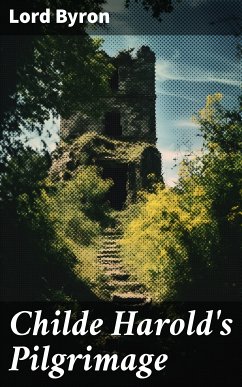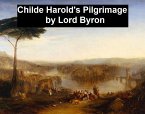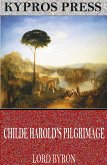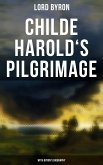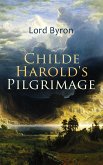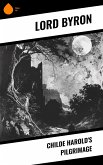Childe Harold's Pilgrimage, composed by Lord Byron during the early 19th century, is an influential narrative poem that captures the essence of the Romantic era. The work follows the travels of the disenchanted aristocrat, Harold, who embarks on a spiritual quest across Europe, reflecting Byron'Äôs own life experiences and his profound sense of melancholy. The poem is distinguished by its rich imagery, lyrical beauty, and a deep exploration of themes such as love, loss, and the sublime. Byron's use of introspective narrative and vivid description not only illustrates the landscapes Harold traverses but also delves into the psychological turmoil that accompanies his search for meaning and identity amid a rapidly changing world. Lord Byron, an emblematic figure of the Romantic movement, was known for his tumultuous personal life and passionate worldview. His own experiences'Äîmarked by scandal, travel, and an undeniable sense of disillusionment'Äîgreatly informed the creation of Childe Harold's Pilgrimage. Byron's embrace of the Byronic hero resonates throughout the text, as he intertwines his own emotions with Harold'Äôs journey, showcasing his mastery of poetic form and his existential inquiries. Readers are invited to engage with Childe Harold's Pilgrimage not merely as a poem but as a profound exploration of the human spirit. This work is essential for anyone interested in Romantic literature, offering profound insights into personal and cultural dilemmas that are still relevant today. Byron's artful blend of personal reflection and historical context provides a compelling roadmap for those seeking to understand the complexities of both the individual and society.
Dieser Download kann aus rechtlichen Gründen nur mit Rechnungsadresse in A, B, BG, CY, CZ, D, DK, EW, E, FIN, F, GR, H, IRL, I, LT, L, LR, M, NL, PL, P, R, S, SLO, SK ausgeliefert werden.

